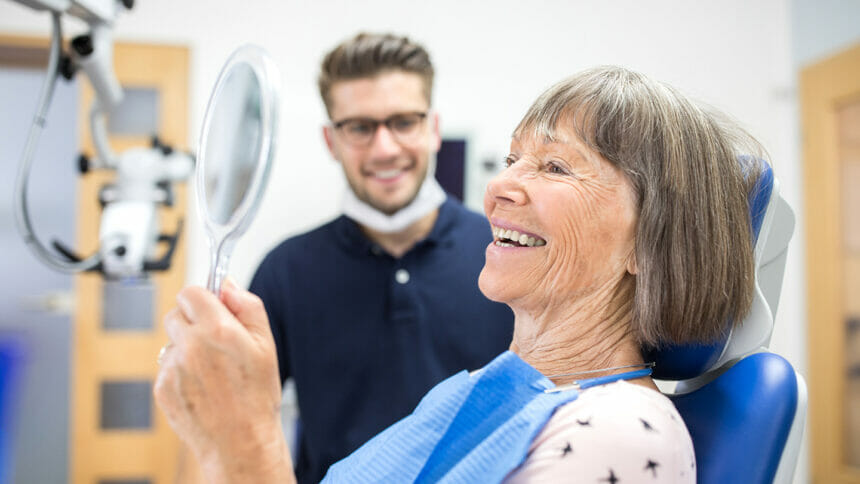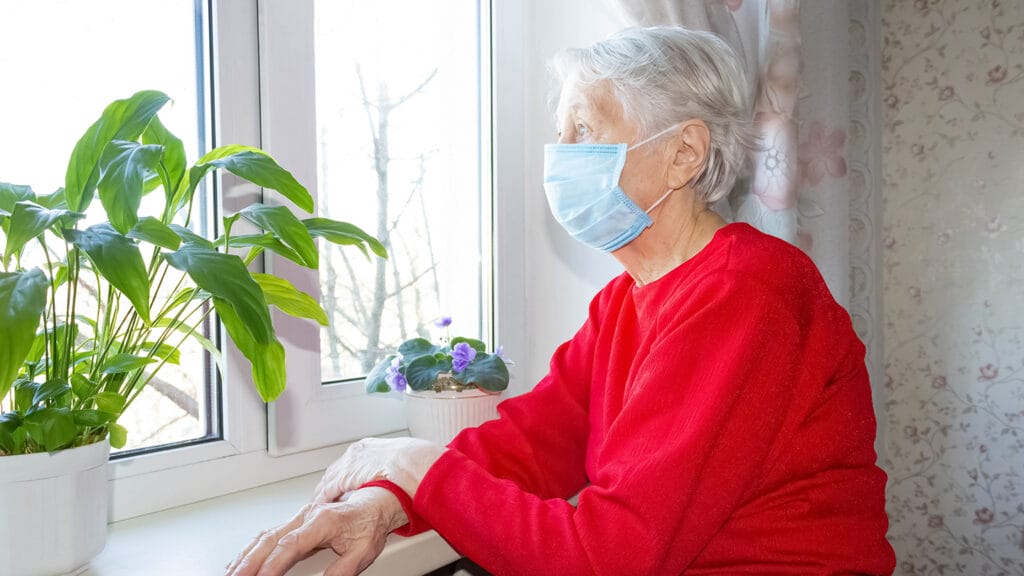
Senate Democrats are introducing legislation that would fill a major gap in Medicare and Medicaid insurance. Sen. Bob Casey (D-PA) and Sen. Ben Cardin (D-MD) plan to introduce the Medicare and Medicaid Dental, Vision and Hearing Benefit Act, which would help more beneficiaries access comprehensive dental, vision and hearing care under the federal and state insurance programs.
“Because of a patchwork of limited health care coverage options for Medicare and Medicaid beneficiaries, many older adults, people with disabilities, and low-income families have inconsistent access to basic dental, vision, and hearing services,” Casey said in a statement. “Cost should not be a barrier to care, and all Americans deserve access to comprehensive dental, vision and hearing coverage, no matter what state they live in or how much money they make. This bill builds on the promise of Medicaid and Medicare to expand services that people need and help them avoid costly emergencies.”
While traditional Medicare does not cover dental, vision or hearing services, some Medicare Advantage plans do. Older adults can also receive those services with short-term individual plans, but they often must pay high out-of-pocket costs. Medicaid provides dental, vision and hearing services as options, but the availability varies from state to state. In 2021, Rep. Lloyd Dodgett (D-TX) in 2021 introduced a House bill that would cover those services under Medicare Part B. However, that legislation stalled in the House.
Poor oral health, the loss of hearing and vision are tied to a number of health issues in older adults. Poor oral health has been linked to cardiovascular disease and stroke in seniors. The Centers for Disease Control and Prevention also estimates that 1 in 5 people 65 and older have untreated tooth decay and the same amount have lost teeth.
Adults with hearing loss are more likely to suffer from social isolation and loneliness and are at greater risk for developing dementia.



